Tibetan political leader visits US in defiance of China
The Tibetan political leader has visited Washington for the first time in six decades, in a move that is likely to escalate tensions between the United States and China.
President of the Central Tibetan Administration (CTA), Lobsang Sangay, was invited to the White House to meet with officials on Friday.
“This unprecedented meeting perhaps will set an optimistic tone for CTA participation with US officials and be more formalized in the coming years,” said the CTA.
Over the past 60 years, the head of the CTA had been denied entry to the US.
China seized control over the Himalayan region in 1950. Tibet, officially referred to as the Tibet Autonomous Region (TAR), is devoted to Buddhism.
Its spiritual leader, the Dalai Lama, fled into exile in India following a failed 1959 Tibetan revolt against Chinese rule.
Tibet shares borders with India, Bhutan and Nepal.
Earlier this year, US Secretary of State Mike Pompeo said Washington supported "meaningful autonomy" for Tibet.
He also said that Washington would restrict visas for some Chinese officials involved in blocking diplomatic access to Tibet and engaging in "human rights abuses."
China has repeatedly warned the US against meddling in its internal affairs.
Beijing has also accused Washington of using Tibet to try to promote “splittism” in mainland China.
The US has the same stance toward other Chinese territories including Taiwan, Hong Kong and the northwestern region of Xinjiang, which is home to the ethnic minority of Uighurs.
China maintains sovereignty over self-ruled Taiwan, and under the “One China” policy, nearly all countries worldwide — including the US — recognize that sovereignty.
Washington, however, has been courting Taiwan in an attempt to irk Beijing. It regularly conducts provocative maneuvers around the self-governed island, particularly by sailing its warships through the sensitive and strategic Taiwan Strait, which separates Taiwan from mainland China.
Tensions between the US and China remain at their highest point in decades, with sharp divisions over a host of political and economic issues, including Hong Kong, the coronavirus pandemic and a long-time trade dispute that is not expected to be resolved soon.
VIDEO | Press TV's news headlines
Report: Epstein account remained active after death, lists Israeli ex-military figure among contacts
VIDEO | Choosing to stay: Palestinian-Americans building life at home
FM questions ‘narrative’ pushed by Israeli-American Trump donor’s outlet ahead of Netanyahu visit
US lawmaker blasts attorney general for ‘lying under oath’ over handling of Epstein probe
Iran received no concrete US proposal in Oman talks: Security chief
Nouri al-Maliki defends Hashd al-Shaabi as inseparable part of Iraqi security system
British PM Keir Starmer faces calls to resign


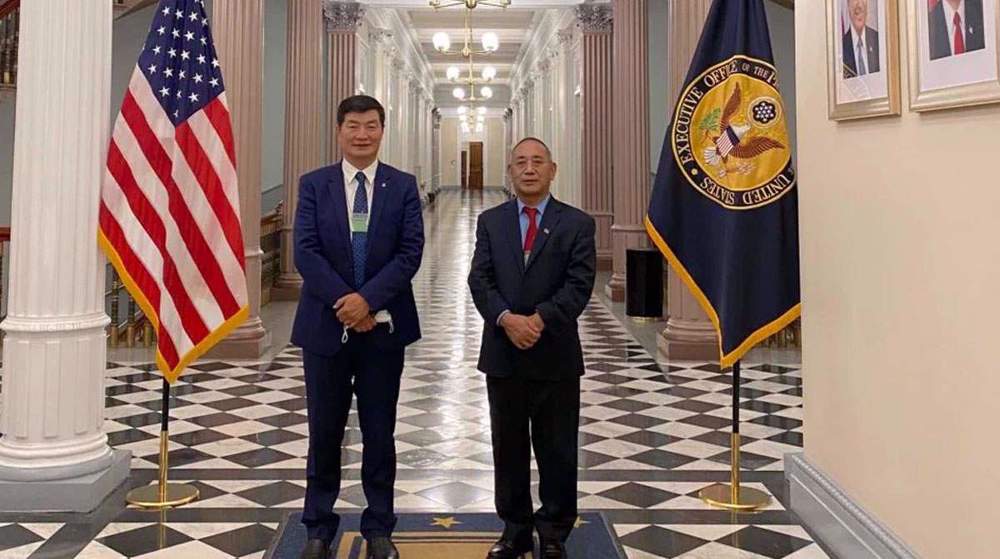

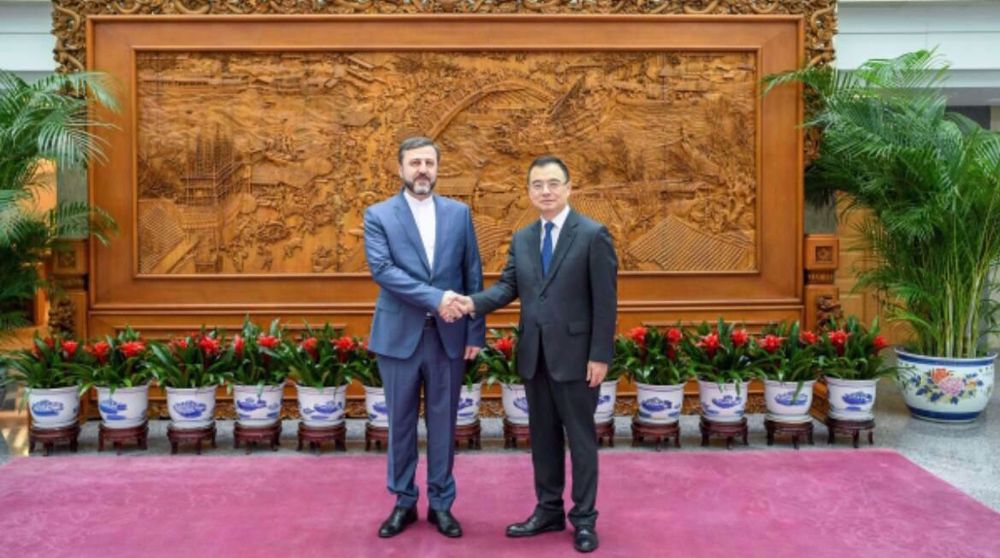

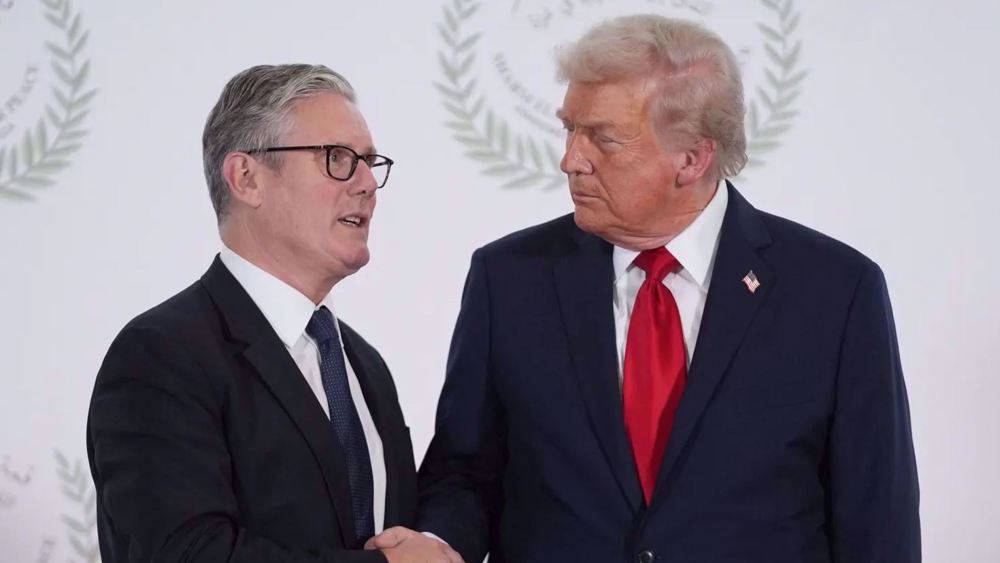



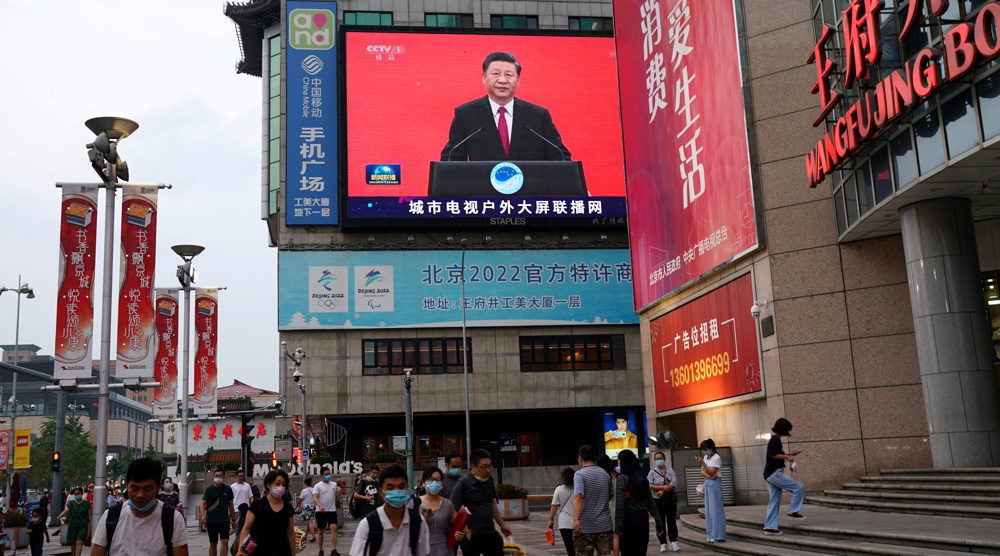

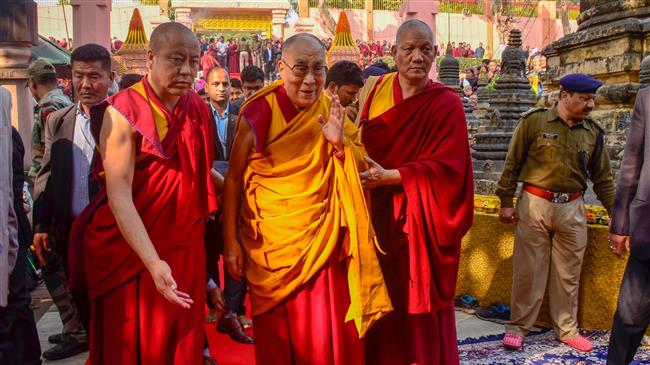
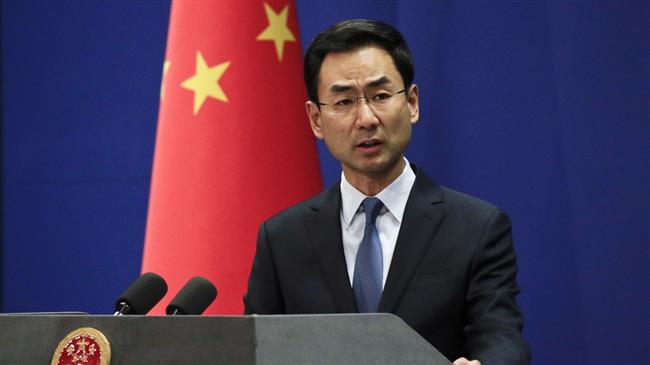

 This makes it easy to access the Press TV website
This makes it easy to access the Press TV website